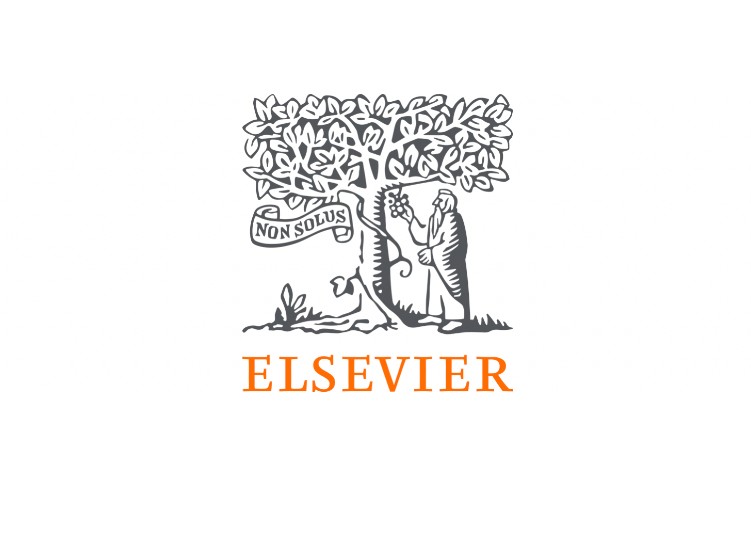Throughout the COVID-19 pandemic, risky decision-making has determined its trajectory, from deciding whether to socially distance or wear a mask to whether to get vaccinated. Major theories of risky decision-making make different predictions about COVID-19, discussed in this article. According to expectancy-value theories, decisions are made based on relative risks and benefits, suggesting that interventions aiming to reduce risky decisions should focus on making sure people have objectively accurate perceptions about risks, often through providing detailed information. Dual-process theories emphasize two systems that govern decision-making: one unconscious and automatic, the other controlled and deliberative. According to both groups of theories, greater reflection or deliberation is expected to reduce risk taking related to COVID-19.
Viruses, Vaccines, and COVID-19: Explaining and Improving Risky Decision-making
December 14, 2021


